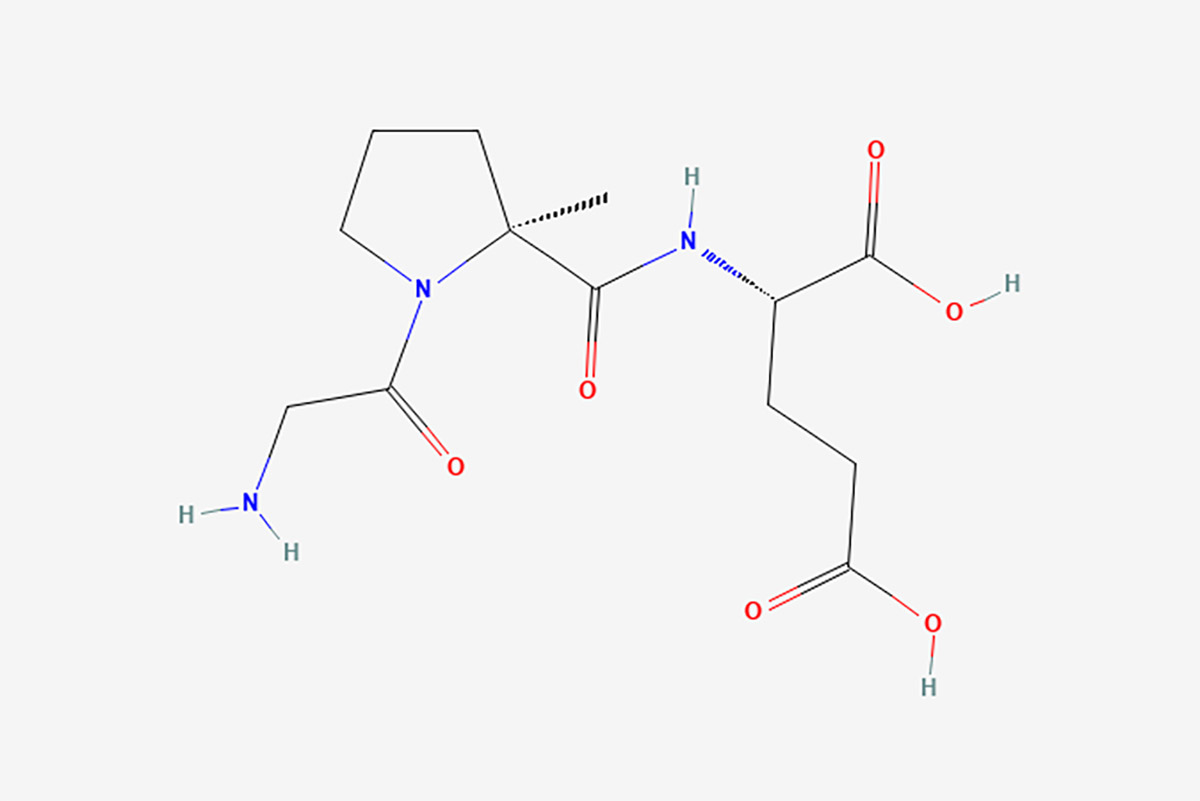2021-12-06, ABŞ-nyň Taňy DereStika) neşe serişdelerine, tardarlyk, neşe söwdasynyň III kliniki synagynyň oňyn ýokary derejeli görnüşini yglan etdi. III faza-da berlen synagy, esasan, gozgalaň sinrom bilen (Rs) bejermekde stolda stolda stoluň howpsuzlygyna baha bermek üçin ulanylýar. Jemi 189 mowzuklar hasaba alyndy, ähli aýallar 5-20 ýaş aralygynda 5-20 ýaş aralygynda ýaşaýarlar.
Lawnda has kör, tötänleýin anketalaryň (RBB) Rsprq) degişlilikde şepagat symslanyşynyň we fersistikalylar tarapyndan keşpli işleýänleriň (RSB) we kliniki taýdan ýokary derejeli synag (RSB-I); Aşakdaky ikinji nepten Çydyrmalar
Netijeler, karkkarda trofindemiň patbO-dan geçen şol esasy nokatda ep-esli gowulaşmadylar görkezdi. 12-nji hepdede plasko we troko-ny 12-nji hepdede RSB-de üýtgeşmelerden üýtgeýär CGI-i ballar 3.8 vs 3.5 (sah = 0.0030) boldy. Bu aralykda, CSB-DP-DP-INCUZY ÜÇIN MASLAHAT-NE-den1-nji we -1,19 we -0.1O sorag boýunça.
Lawenderiň esasy we esasy ikinji ine-de Realpinetde üçin, bu "Patebo" bilen deňeşdirilende, iki adamdan 2,1% we 17,2% bilen yzarlanmagyň tizligini göz öňünde tutulandygyny bellemegiň profiliniň has ýokarydy. Olaryň arasynda iň ýaýran ýaramaz görýän wakalar:
① içgeçirde - bişiriji - bişirilen 80,6% boldy we ulularyň ýumşakdy) we patbo 19,1%;
② Görşüň - Trokineti 26,9% boldy (ortaça 96% boldy we plasebo 9 9,6%;
③ Çynlakaý ýaramaz wakalar, iki toparyň içinde mowzuklaryň 3.2% -inde bolup geçdi.
Lawenderiň kazyýet işi kazyýet işi tamamlandan soň ýa-da açyklyk gözleginde uzaýalanandan soň, Lail açyk belligini giňeltmegi saýlap alýan dersleriň arasynda howuz almaga dowam eder, we tapylan ýerlerde "95% -i almagy dowam etdirer" -diýdi.
Post wagtyňyz: Fewral-17-2022


